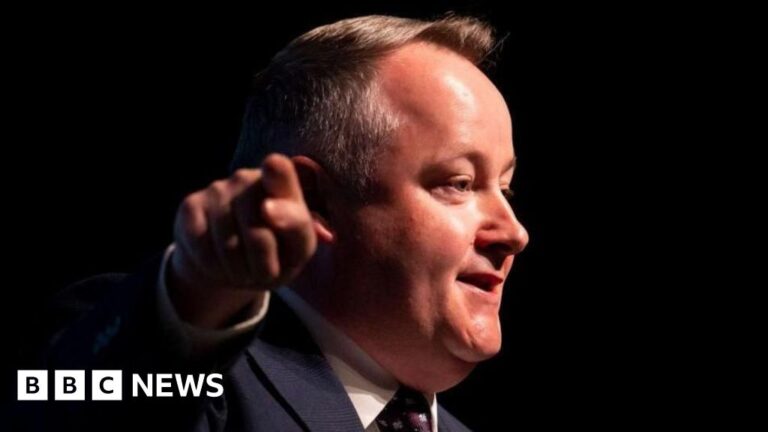Republicans in Congress have spent the opening weeks of President Trump’s second term falling in line behind his most scandal-tainted cabinet nominees, cheering him on as he tramples their power as a coequal branch of government, and generally catering to his whims.
About 29 percent of voters approve of Congress, according to a Gallup survey released on Wednesday, a jump of 12 percentage points since last month and the highest approval rating that a long-despised institution has scored in four years.
But what is really behind this sudden positivity for the typically reviled legislative branch? A 42-point surge in approval among Republican voters.
It is the latest chapter in a long-running cycle of boom and (mostly) bust when it comes to Americans’ sentiments about Congress. Approval of Congress has jumped in the past when one party controls the White House and both chambers, according to public opinion experts, but the love affair rarely lasts.
In 2021, Democrats held Congress in higher esteem for a moment, when their party controlled everything. In 2017, Republicans controlled all branches of government and briefly liked what they saw.
In this case, Republican voters are giddy about the prospect of a governing trifecta delivering on its promises. But they are likely to lose faith in Congress all over again in the coming months, just as they have in the past.
Jeff Jones, a senior editor at Gallup, said that when one party was in full control, “their side gets really excited about Congress.”
The high approval rating indicates “anticipation about possibilities,” Mr. Jones said. “But more often than not, they don’t meet those expectations. It may not last much longer.”
Still, even accounting for cyclical trends, the enthusiasm among Republicans is notable. A total of 53 percent of Republican voters said they approved of Congress, higher than any time since August 2005. Only 5 percent of Democratic voters said they approved.
What we’re seeing is largely partisan excitement about the idea of entering unified party control, said Molly E. Reynolds, a senior fellow in governance studies at the Brookings Institution.
Source link




